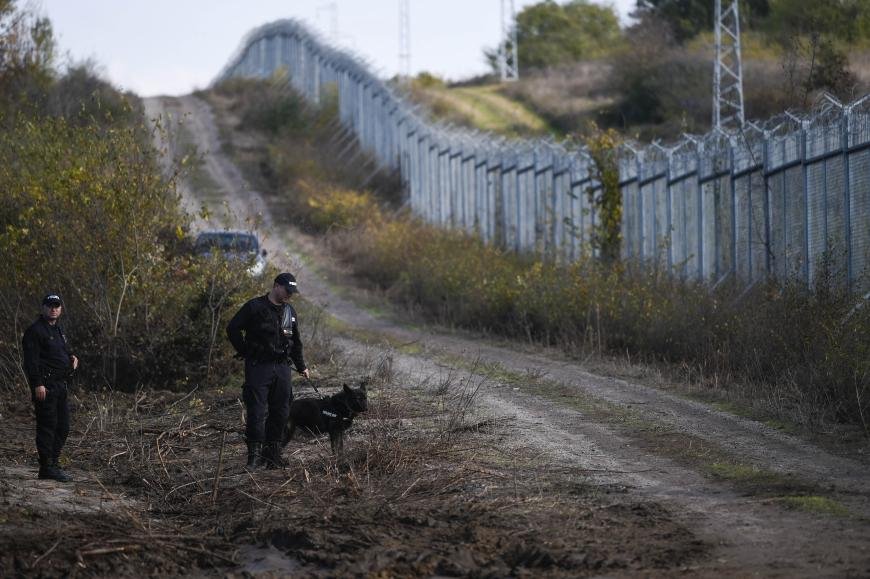Human Rights Watch warned today that Bulgarian officials are assaulting, robbing, stripping, and using police dogs to abuse Afghan and other asylum seekers and migrants, then sending them back to Turkey without any formal interview or asylum procedure.
“Bulgarian authorities are forcibly and hastily sending migrants and asylum seekers back over the land border with Turkey,” said Michelle Randhawa, Human Rights Watch’s refugee and migrant rights officer. “The European Union should guarantee that Bulgaria promptly ceases unlawful and humiliating border pushbacks and provides asylum seekers with access to fair asylum processes.”
The European Court of Human Rights (ECtHR) unanimously ruled in July 2021 that the Bulgarian government violated articles 3 and 13 of the European Convention on Human Rights, the prohibition on torture and inhuman and degrading treatment, and the right to a remedy when it returned a Turkish journalist to Turkey in 2016 without conducting a risk assessment or allowing him to challenge his removal. The Bulgarian Helsinki Committee recorded 2,513 pushbacks from Bulgaria, affecting 44,988 persons, by the end of 2021. Bulgarian authorities pushed back 15,173 individuals in 2020, according to the study.
Frontex, the European Border and Coast Guard Agency, has a presence in Bulgaria, with 192 officers and employees posted at the country’s borders with Turkey and Serbia in 2016. Two Afghan guys who were held by Bulgarian police recounted four different meetings with Frontex officials. Both said that the presence of Frontex police had a deterring impact on the police’s abusive conduct, but that after the Frontex police were gone, the police became much more violent. Once the Frontex personnel had departed, the asylum seekers were driven back.
Bulgaria is obligated to uphold the right to asylum under EU law and its own constitution. Article 18 of the EU Charter of Fundamental Rights, as revised by the Treaty of Lisbon in 2007, enshrines the “right to refuge.” The Charter became legally binding on EU member states when they implement EU law with the entrance into effect of the Treaty of Lisbon in December 2009, and the right to asylum became an enforceable right under the EU’s legal framework.
The Bulgarian government is obligated to give refuge under Article 27(2) of the Bulgarian Constitution, which states, “The Republic of Bulgaria shall offer asylum to foreigners persecuted for their beliefs or action in defense of internationally recognized rights and freedoms.”
Bulgarian border police and troops performing policing responsibilities are subject to international norms and rules on the use of force by law enforcement officers. According to UN Standards, as well as revised 2020 recommendations based on a consultation process, law enforcement authorities should only use force as a last resort. Any use of force must adhere to a set of guidelines, including proportionality and necessity.
Bulgaria should immediately suspend all pushbacks from its territory, hold officials who abuse migrants accountable, ensure equitable treatment, and offer access to asylum proceedings to everyone who want it. European institutions and member states should hold Bulgaria accountable for these crimes, and an impartial border monitoring system to monitor and report on human rights violations on the Bulgaria-Turkey border should be established. Frontex should conduct internal inquiries into all complaints of failure to prevent unlawful migrant pushbacks and give more transparency about all internal investigations and results.
At the same time that Bulgarian officials are embracing Ukrainian refugees by providing them with information regarding temporary protection and residing in Bulgaria, they are cruelly mistreating Afghans and other asylum seekers at their border.” Bulgarian authorities should treat all asylum applicants with the same empathy and dignity that they do Ukrainians.


